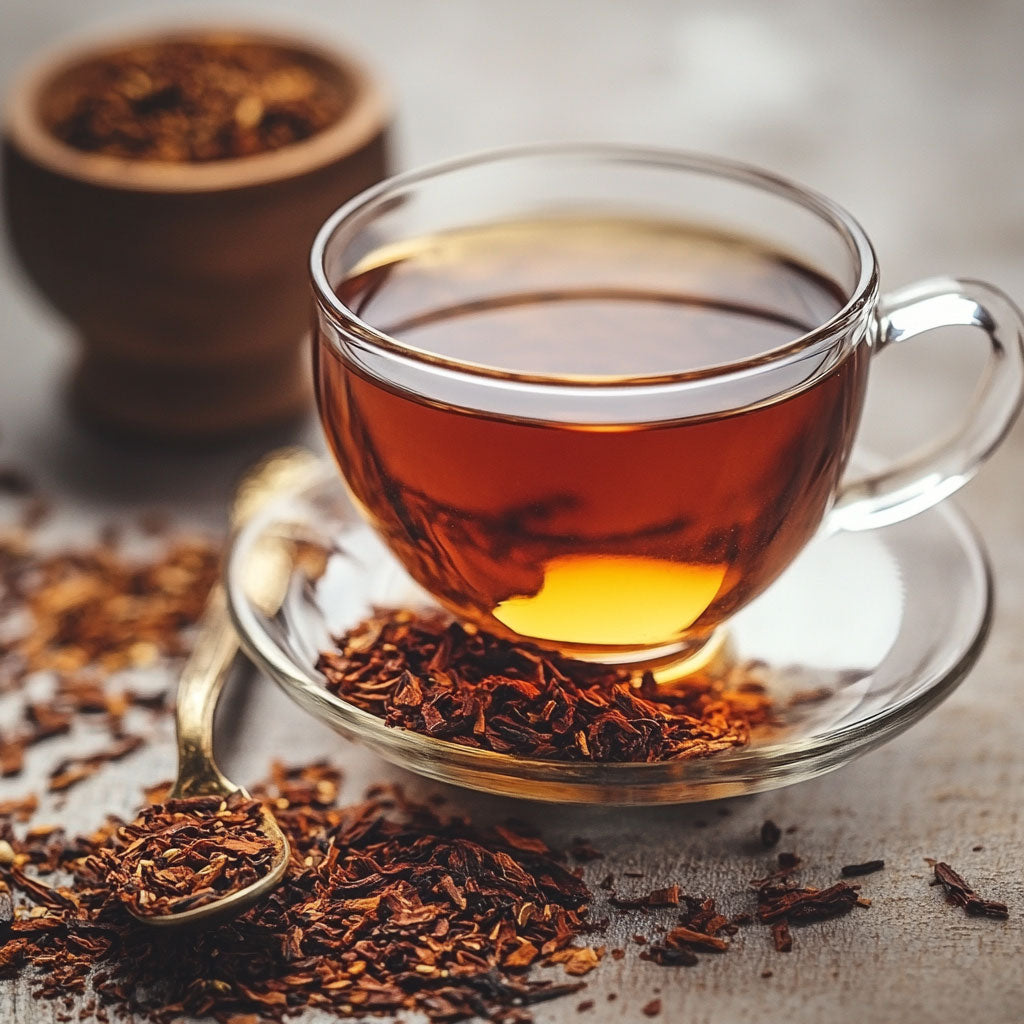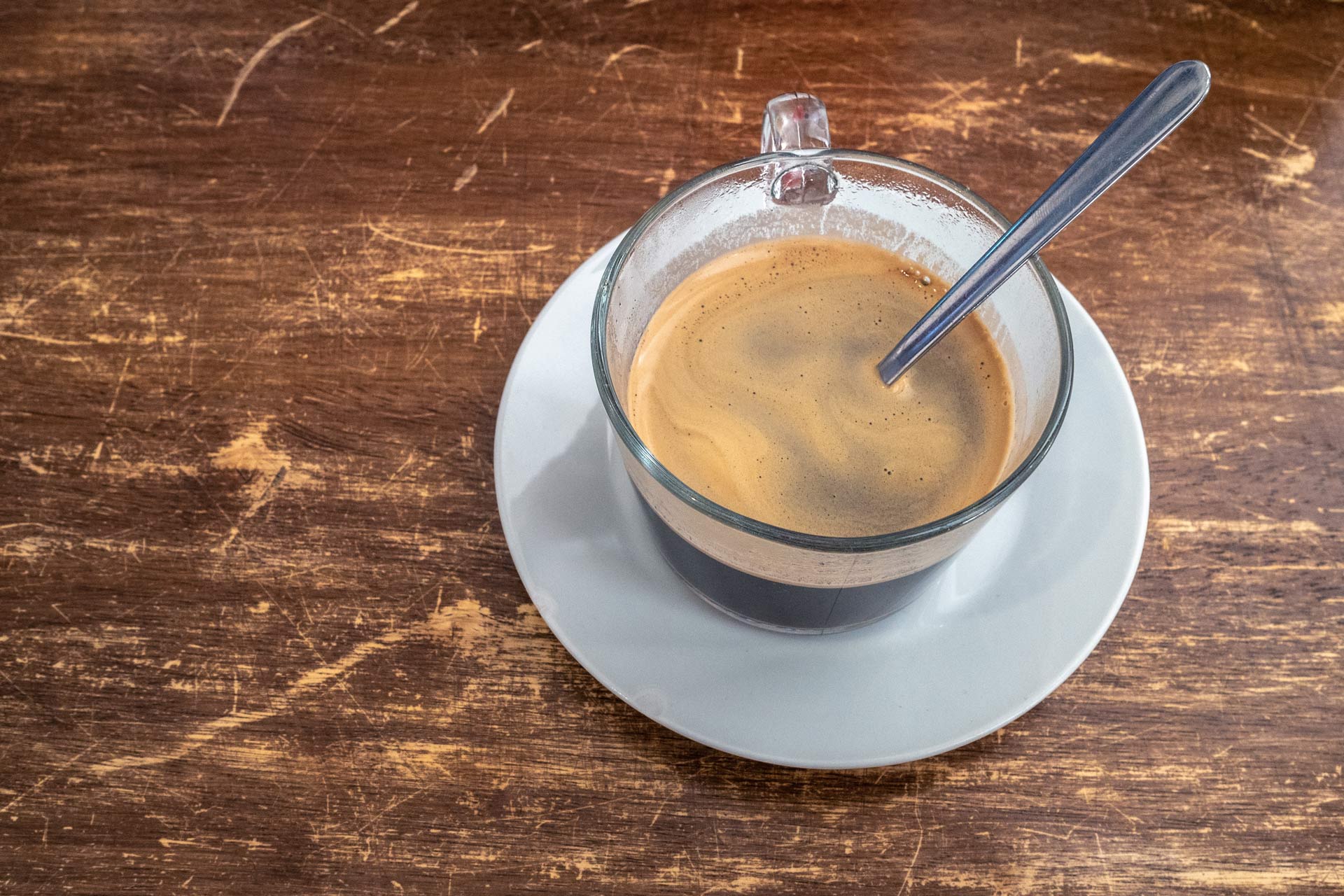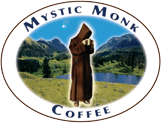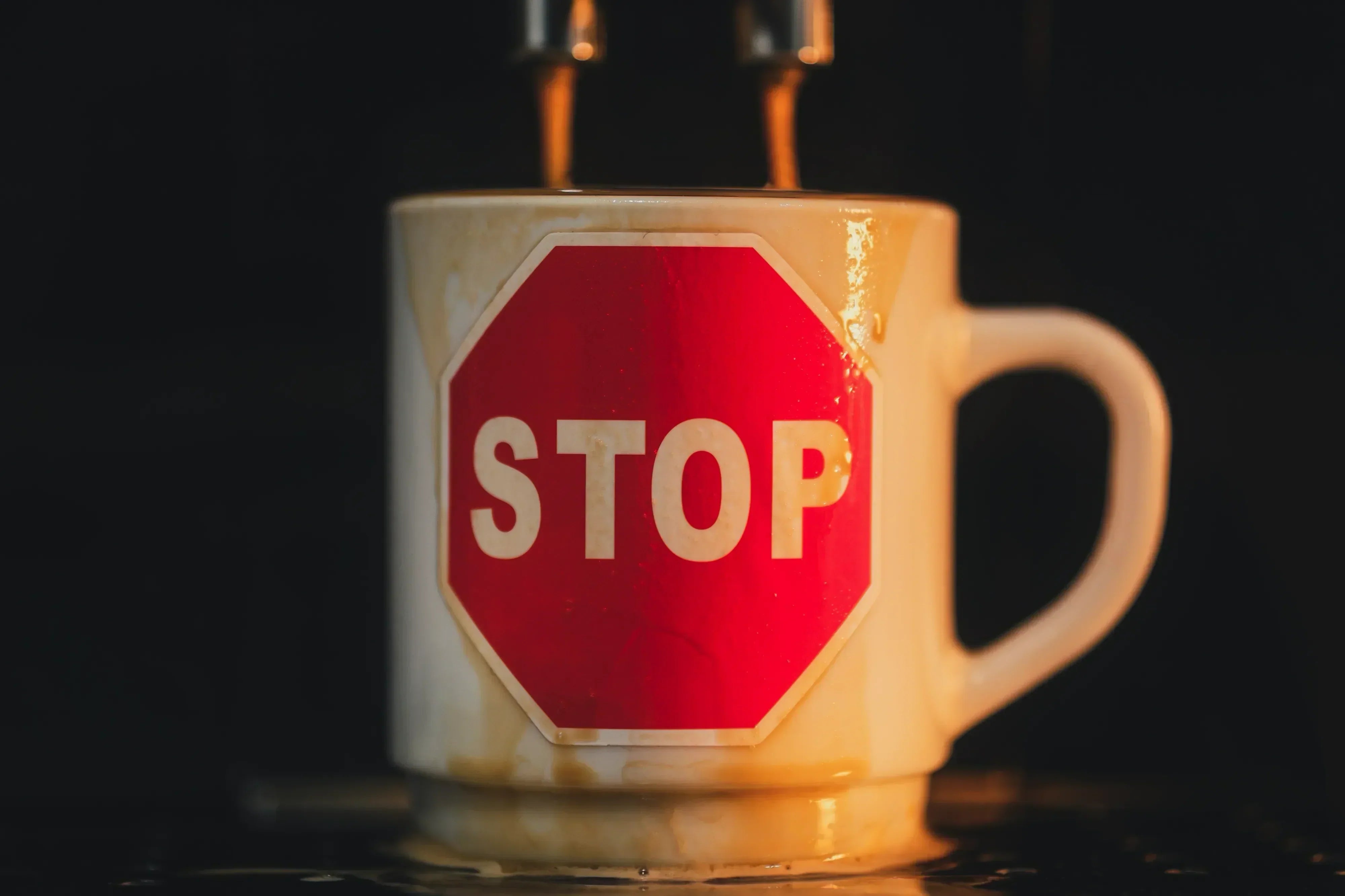Today, caffeine comes in many forms: energy drinks, sodas, teas, cold brews, coffee beans, and so on. But do you know how much caffeine adults consume on average per day?
The answer: 400 milligrams. That's a lot of caffeine in a day, but how much caffeine is too much? With all the different caffeinated beverages, busy schedules, and more people needing to stay up late, there's a real chance you could end up suffering from a caffeine overdose.
To avoid this, we at Mystic Monk Coffee are going to lay out a few key pieces of information:
- How much caffeine intake can cause an overdose
- Symptoms of caffeine overdose
- Caffeine levels in common beverages
- Reasons why some should never drink caffeine
How Much Caffeine Can Lead To An Overdose?
First of all, a severe overdose from caffeine consumption is actually pretty unlikely. Why? Because you'd have to consume a very high amount in an unusually short period of time.
According to the FDA, harmful side effects like seizures and worse occur after ingesting 1,200 mg of caffeine or 1.2 grams. Depending on how they're brewed, that's equal to around 12 cups of strong coffee.
In other words, you would have to consume three times the average amount of caffeine a person consumes a day to risk a severe overdose.
While an overdose can easily occur by taking highly concentrated sources like caffeine pills or powdered caffeine supplements, most adults avoid those kinds of products.
Symptoms of Caffeine Overdose
Consuming too much caffeine can lead you to exhibit a wide range of symptoms, which can be worrying. Just remember that these symptoms typically appear soon after you consume a source of highly concentrated caffeine, like an energy drink, caffeine pill, or powdered caffeine.
Here are some common symptoms to watch out for:
- Headaches
- Anxiety
- Jitteriness or agitation
- Rapid heart rate
- Heart palpitations, or the feeling of your heart racing
- Increased urination and thirst
- Diarrhea
- More serious symptoms you should take note of include:
- Muscle twitching
- Nausea and vomiting
- Trouble breathing/shortness of breath
- Seizures
If you or a loved one experiences these symptoms, seek medical assistance immediately.
Levels in Commonly Caffeinated Drinks
With so many types of caffeinated beverages out there, it's hard to know which one packs the most caffeine. Generally, you should be able to judge based on the type of drink:
- Highest Caffeine Content = Coffee, Energy Drinks
- Medium Caffeine Content = Brewed Tea Leaves
- Low Caffeine Content = Sodas, Instant Teas
Since that's a more general overview, let's take a more detailed look at specific drinks and their caffeine levels:
|
Drink |
Caffeine (mg) |
|
Drip Coffee (8 oz.) |
115-175 |
|
Brewed Coffee (8 oz.) |
80-135 |
|
Espresso Coffee (8 oz.) |
100 |
|
Instant Coffee (8 oz.) |
65-100 |
|
Red Bull (8.2 oz.) |
80 |
|
Diet Coke (12 oz.) |
45.6 |
|
Dr. Pepper (12 oz.) |
41 |
|
Brewed Tea (8 oz.) |
40-60 |
|
Pepsi-Cola (12 oz.) |
37.5 |
|
Coca-Cola Classic (12 oz.) |
34.0 |
|
Snapple Tea (Reg. & Diet) (12 oz.) |
31.5 |
|
Instant Tea (8 oz.) |
30 |
|
Green Tea (8 oz.) |
15 |
|
Decaf Coffee (8 oz.) |
2-4 |
What Source of Caffeine Is Best?
While the above list shows coffee as the highest source of caffeine, many factors — from brew time to roast level — affect how much caffeine lands in your morning cup. Increase the amount of brew time to extract more caffeine and flavor from your coffee. Or try our "Super Monk" dark roast blend, which offers delicious chocolatey flavors with a greater amount of caffeine.
Meanwhile, energy drinks may offer slightly less caffeine but are specifically made to supply high doses of caffeine in a relatively small amount of liquid. This is similar to the small services of highly caffeinated espresso. Excessive consumption of these drinks can make it easy to go overboard on caffeine and even cause mild overdose symptoms.
The lightest sources seem to be soda and tea; however, it's best to avoid soda because of its high sugar content. Fresh green tea leaves, on the other hand, are known to have several health benefits and provide a nice alternative to coffee.
Caffeine Content FAQs
Is it okay to drink decaffeinated beverages?
Decaffeinated versions of sodas or coffees are other great alternatives to drink if you want to avoid the jitters. However, "decaffeinated" doesn't always mean there is absolutely zero caffeine content in your drink. Instead, it usually means there's just significantly less.
For example, in the chart above, decaf coffee has around two to four milligrams of caffeine (Note: this can differ between various decaf coffees). Thus, if you enjoy the smooth, sweet taste of coffee but want to avoid the effects of drinking too much, mix some decaf into your daily routine.
Most adults drink caffeine every day. Can too much really be harmful?
Yes, while many grown adults today do drink a lot of caffeine (which we want to stress should be consumed in moderate amounts), drinking or consuming too much caffeine can be dangerous. In fact, according to the American Association of Poison Control Centers, 5 grams of caffeine can be a fatal dose for certain patients.
So, avoid caffeine as a beverage you drink several times a day — instead, have a small cup once or twice a day as a pick-me-up. It is also wise to avoid taking caffeine pills or powders, which can easily be overdosed on if you're not careful.
How should I treat a caffeine overdose?
In the event of a caffeine overdose, we recommend speaking to a medical provider immediately, especially if you have serious symptoms. Often, they will recommend that you drink water to stay hydrated and observe you for further symptoms. If there's a case of high blood pressure due to an overdose, they may provide medications to stabilize it to a lower level.
What We Recommend
At Mystic Monk Coffee, we're committed to providing delicious, flavorful coffees that are as freshly made as possible. We also want to advise you on the best ways to enjoy our products while staying healthy. Here's what we recommend.
Avoid Energy Drinks, Powdered Caffeine, & Pills
While these products have their uses and may be needed for certain routines or professionals, we strongly suggest reducing the number of energy drinks, pills, and powdered caffeine you may consume.
These products deliver a huge amount of caffeine even in small amounts, which can cause you to easily overdose if you aren't careful.
Enjoy A Few Cups of Coffee A Week From Mystic Monk Coffee
If your job or studies require a daily jolt of energy, we recommend having a few cups of coffee throughout the week, typically one or two a day at most. Better yet, enjoy one of our subtle, balanced Light or Medium Roast coffees.
Brew Small Amounts of Decaffeinated Mystic Monk Coffee
If you love the delicious taste of a dark roast but want to lower your caffeine intake, Mystic Monk Coffee has the answer. Try our decaf "Vespers" dark roast, filled with delicious notes of chocolate and dried nuts. Enjoy its full body and incredible flavor, all without the jitters that a high-caffeine cup of a normal dark roast would bring. We use only natural water process decaf coffee, so no need to worry about the chemicals sometimes used to decaffeinate coffee.
For more of our flavorful dark and light roast blends, shop Mystic Monk Coffee’s wide selection today!
Read more

Rooibos Tea: South Africa’s Natural Treasure Rooibos tea, often called red bush tea, red tea, is a unique and naturally caffeine-free beverage native to South Africa. It is considered an herbal tea...

Coffee is a staple of Cuban culture, shared in homes and cafes across Cuba, South Florida, and beyond. Because of its incredible flavors and enormous caffeine kick, many are discovering this wonder...

